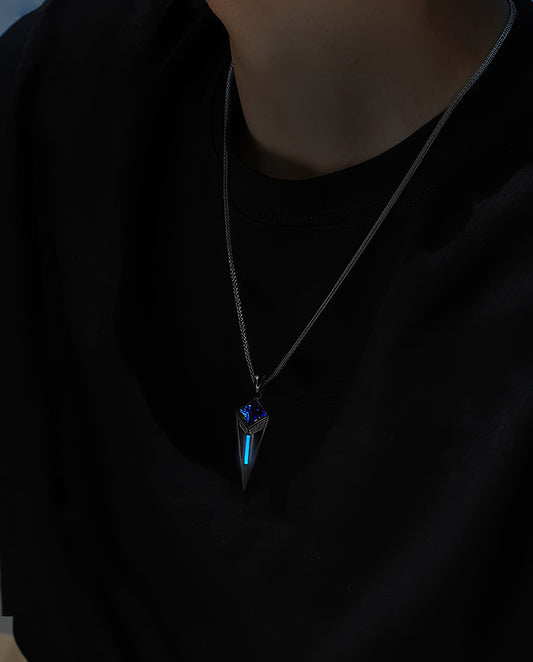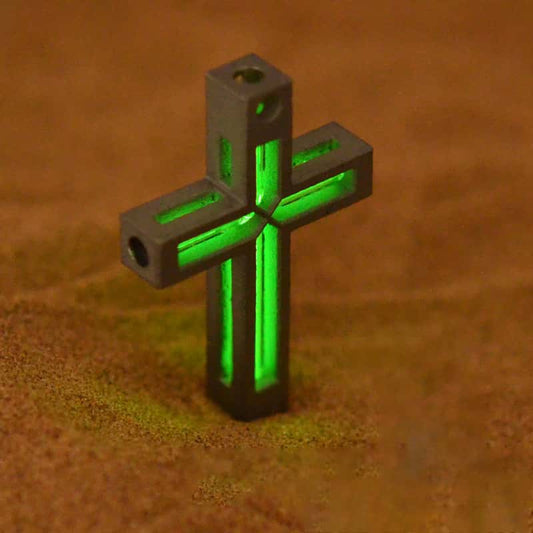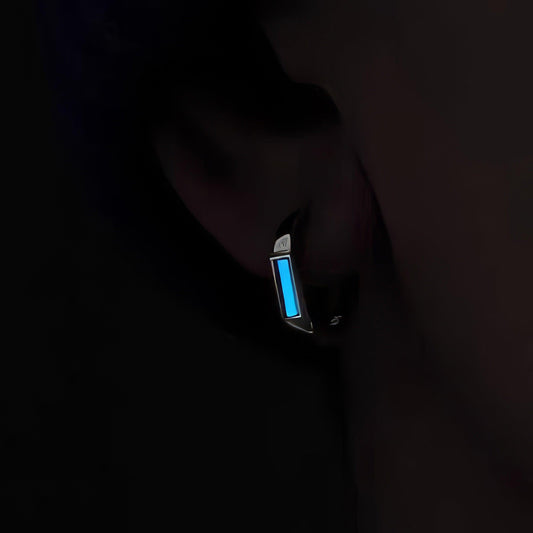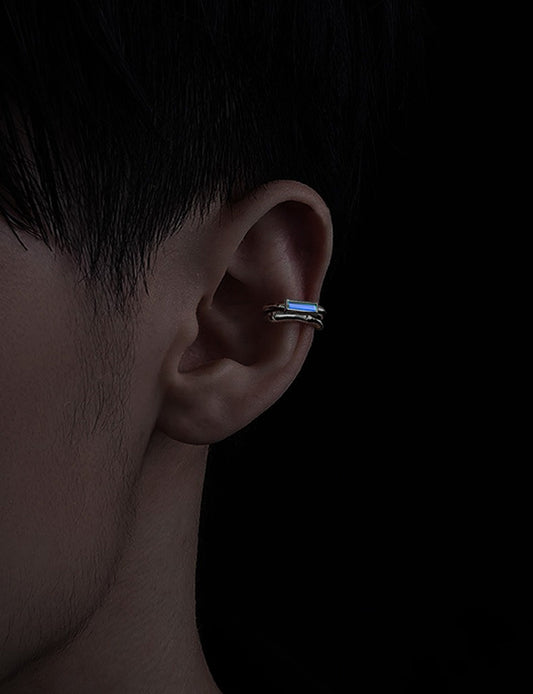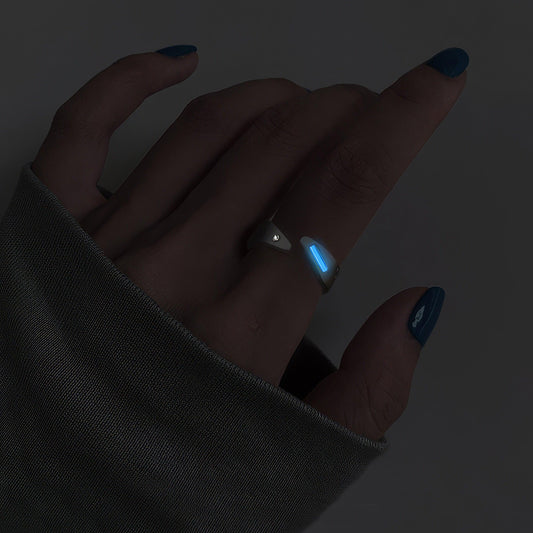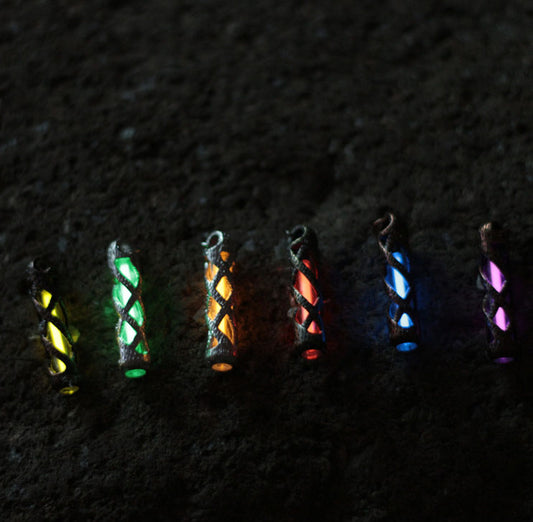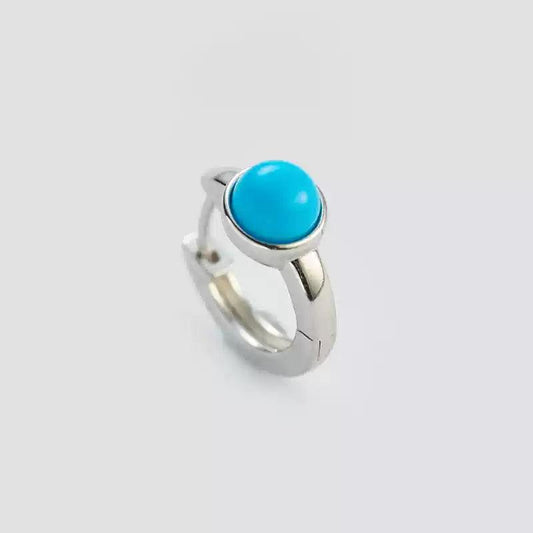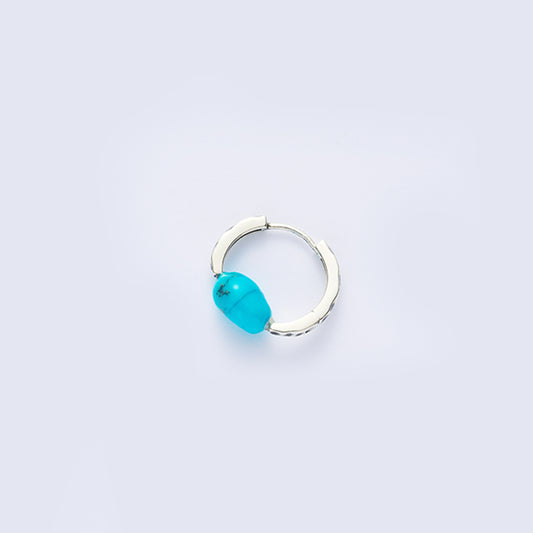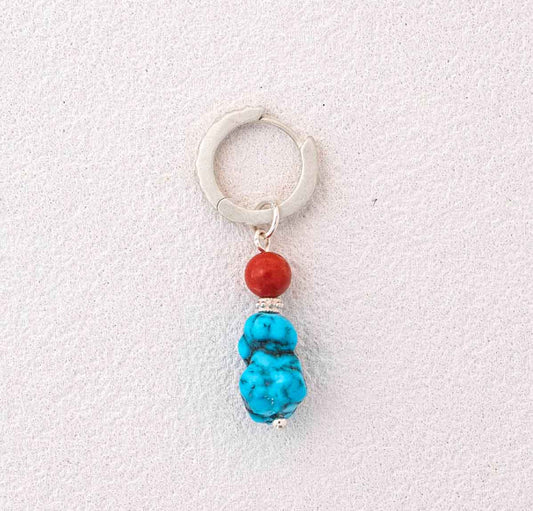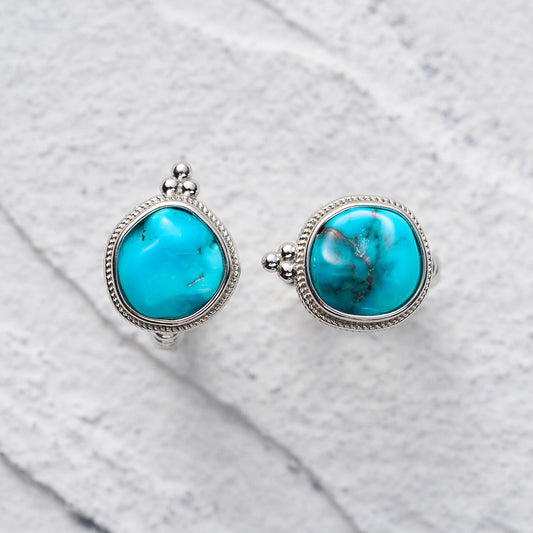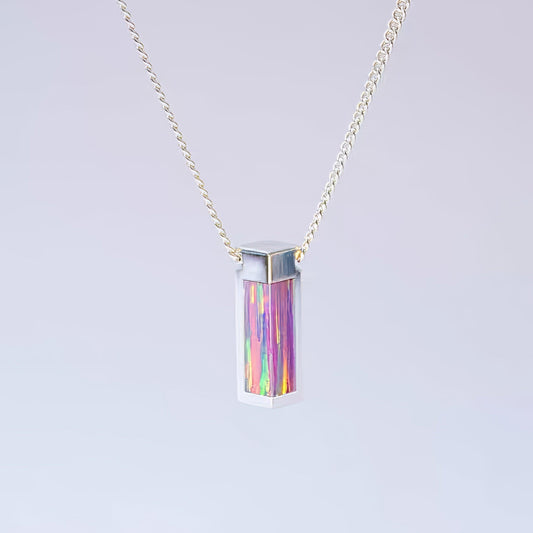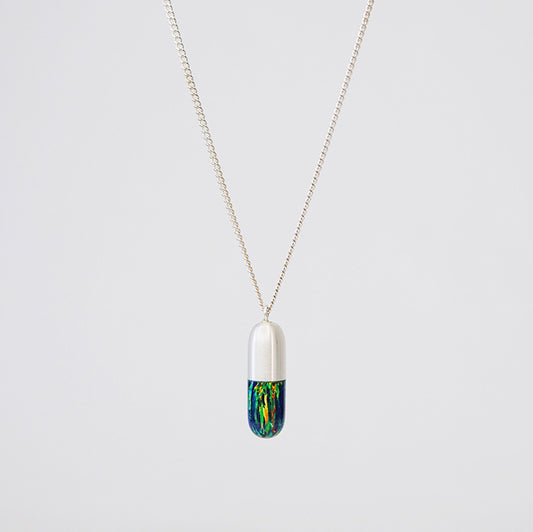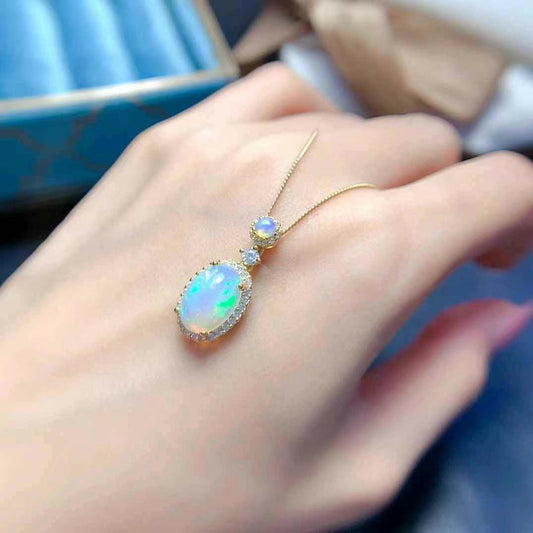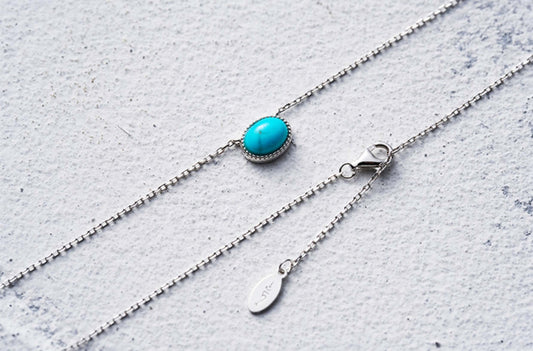The Evolution of Mens Engagement Rings Finding the Right Finger
The Evolution of Mens Engagement Rings Finding the Right Finger
In many Western cultures, the tradition of engagement rings for men has been flying under the radar, unnoticed by anyone who wasn’t specifically looking for it. When my friend Evan first announced his engagement, there was an unexpected twist: he, too, was sporting a ring. It was a simple band of white gold, sitting comfortably on his left ring finger. As someone who’s been to more than a few weddings but rarely sees a groom with an engagement ring, I found myself intrigued. It turned out, Evan was onto something that’s growing in popularity.
Traditionally, the left ring finger has held the most significant place for engagement rings. This age-old custom finds its roots in the belief that the "vein of love"—or the "vena amoris"—runs directly from this finger to the heart. However, for men, the choice of which finger to wear an engagement ring on can be a bit more flexible.
Some men prefer to mirror their future spouse's wear by also placing the ring on the left hand, engaging in a shared symbol of commitment before the vows are exchanged. Others might choose the right hand, often depending on cultural influences or simply personal comfort. I remember my dad once telling me that in some European countries, both men and women wear their rings on the right hand. For some, it boils down to something as straightforward as which hand is less dominant or which finger the ring just looks and feels better on.
The materials and styles for men’s engagement rings are also diversifying. White gold continues to be a popular option, but other metals like platinum and tungsten are gaining traction for their durability and modern appeal. My cousin Jack, for instance, went for a titanium band with a brushed finish—he's a carpenter by trade, so he appreciated titanium's strength and lightweight. Meanwhile, styles range from minimalist bands to more elaborate designs featuring diamonds or other stones. Each piece, whether plain or embellished, tells its own story.
In recent years, the cultural narrative around men's engagement rings has evolved. It's no longer solely about tradition; it's about individuality and equality. These rings symbolize promise and partnership, placing value on the journey together rather than focusing exclusively on the ceremonial end. This shift has allowed men to express their personal style and commitment in a manner that resonates with them.
Evan's choice to wear an engagement ring was partly influenced by this modern approach to partnership. He and his fiancée saw it as an opportunity to share the experience equitably. His ring wasn’t just a symbol to announce his status; it was an emblem of shared responsibility and excitement for the future.
Ultimately, the choice of which finger to wear an engagement ring on, or whether to wear one at all, is deeply personal. It reflects not just societal norms or familial traditions, but also individual values and the unique bond between partners. So, whether it’s the left hand, the right hand, or whichever seems right, what matters is the story the ring tells and the heart it touches.
